Leaders to Learn From
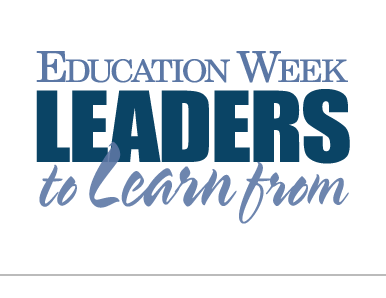
Each year, Education Week identifies some of the nation’s most exceptional school district leaders in its Leaders To Learn From report and shines a spotlight on their extraordinary impact on the success of educators and students. At this event, participants will learn how these extraordinary trailblazers in the field are solving problems and driving change… Read More ›
Fourth Industrial Revolution & the Impact on Education

Presented by COSN New technologies like artificial intelligence, 3D printing, and robotics are emerging with the potential for having a transformative impact on industry, the economy and society as a whole. The speed and scope of this technological transformation is exponential with the potential for unlimited possibilities and endless opportunities. What are the implications for… Read More ›
Owning His Learning and His Future: Taliq Tillman’s Student-Owned Learning Experience
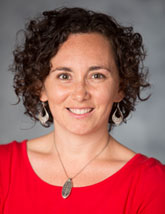
Originally posted on October 18, 2017 for Youth Today I met Arthur 10 years ago at a principals’ convening. That night, Arthur and I talked about how to make students’ learning memorable and meaningful. Today, Arthur is one of our inaugural Students at the Center Distinguished Fellows. He is now a veteran school leader at… Read More ›
Francis Pina Interview

This podcast features an interview with Francis Pina, a Boston native and math teacher at Charlestown High school. He shares his experiences in the Boston Public Schools (BPS) and his journey to become a teacher. He discusses how he implements a creative, engaging, and student-centered math curriculum for a diverse student population. He also looks… Read More ›
Fit for Purpose: Taking the Long View on Systems Change and Policy to Support Competency Education
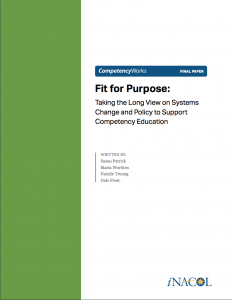
This paper explores the issues state policy needs to address to support a transformation of K-12 education toward personalized, competency-based systems. It introduces four ‘threshold concepts’ that need to be considered for long-term success, including: certifying learning, assessment literacy, pedagogical innovations based on learning sciences, and meeting students where they are. This publication was written… Read More ›
Multiple Intelligences: A New Look at an Old Theory

In this webinar, author Thomas Armstrong will discuss how multiple intelligence theory can be used in today’s classrooms. He will examine how multiple intelligences theory has declined in popularity because of the accountability movement in the 2000s and why he feels that now it is important to counter the standardization that prevails in many schools.… Read More ›
Up Close and Personal: Chronicling Learning Practices Across the Nation
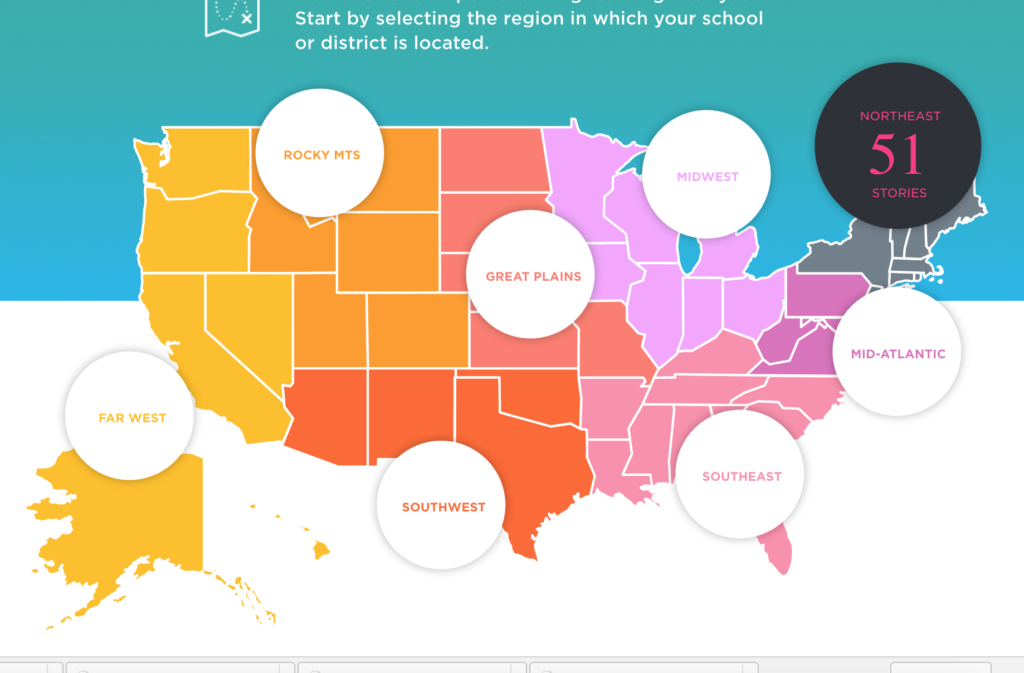
This website from EdSurge showcases stories illustrating what personalized learning looks like in practice in schools across the country. The site houses a collection of hundreds of stories, profiles, and lessons learned. This research enables insights into how schools and districts across the country think about personalized learning, from visualizing change to opening pathways to… Read More ›
The Science of Learning
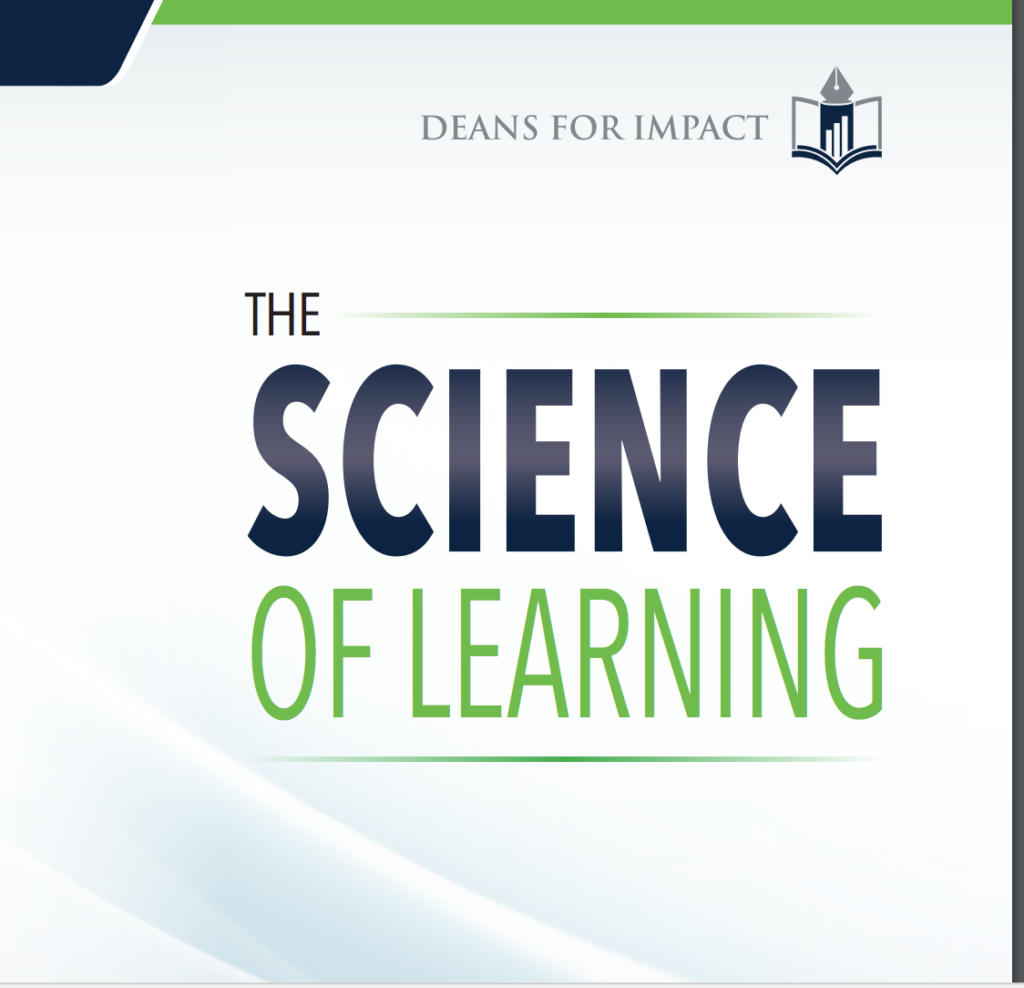
This report summarizes existing research from cognitive science on how students learn and shows its practical implications for teaching and learning. The report identifies six key questions about learning that should be relevant to all educators: How do students understand new ideas? How do students learn and retain new information? How do students solve problems? How… Read More ›
The Art of Reflection
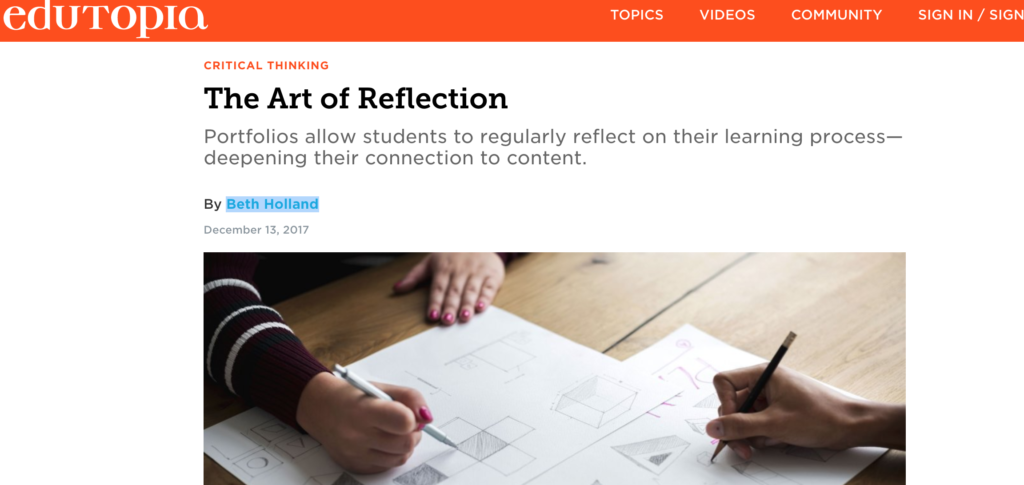
Student portfolios can provide an alternative way to assess student work. Yet, they can become simply a catalog of things students have learned or an add-on at the end of a unit. In this blog post, Beth Holland, Johns Hopkins University doctoral candidate and EdTechTeacher instructor, offers ideas to ensure portfolios truly support student centered… Read More ›
Rethinking State Accountability to Support Personalized, Competency-Based Learning in K-12 Education
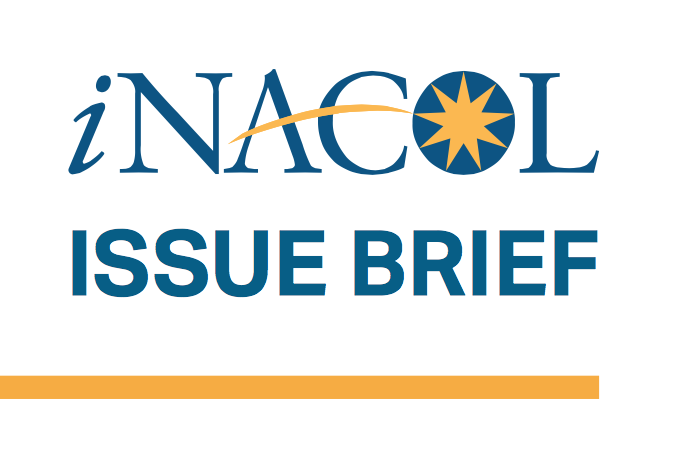
This issue brief from Aurora Institute shares state policy recommendations and resources for policymakers who are ready to rethink state accountability systems to support student-centered learning. With the passage of the federal Every Student Succeeds Act (ESSA), states gain considerably more authority and autonomy over the design of school accountability systems. This shift in responsibility… Read More ›
How to Build Community Leaders of Today—and Tomorrow—Through Student Genius Hours
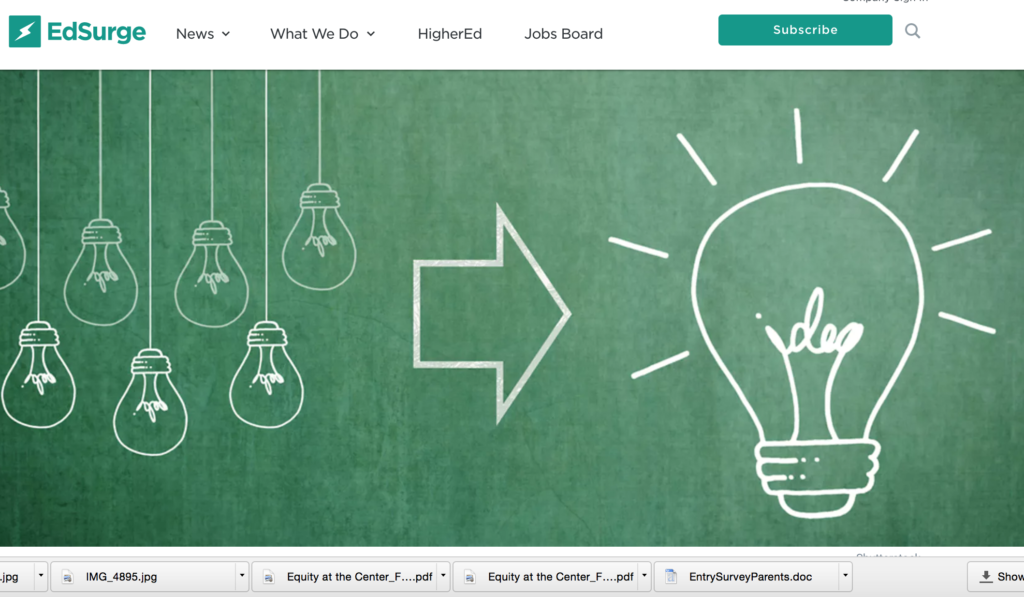
This article describes how a middle school Language Arts teacher in Omaha, Nebraska has used genius hours to extend student learning and build agency, all while strengthening community. Jen Schneider introduced Genius Hour by allowing students 1 hour a week to work on a self-selected project. Students must set out to answer a question and… Read More ›
Waukesha STEM Academy Series
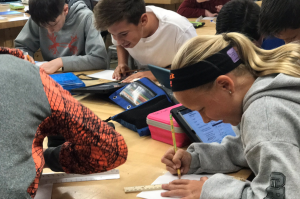
This four-part series featuring Waukesha STEM Academy (WSA) is part of a series on personalized, proficiency-based education in Wisconsin. This blog post gives an introduction to what’s happening state-wide. WSA is a competency-based school with personalized learning for all 300 students it serves. It spans grades 6-8, but students move at their own pace and… Read More ›